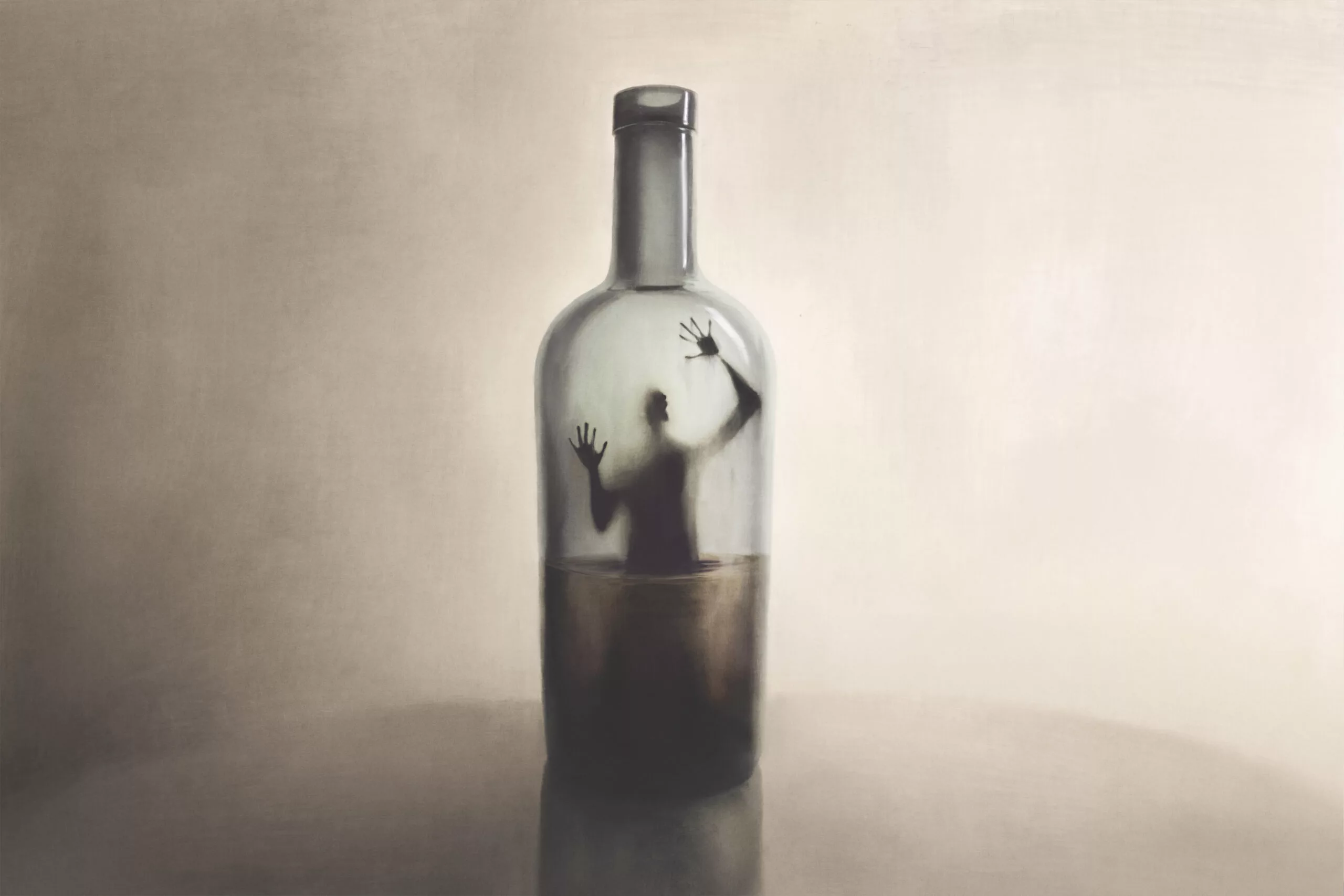
Alcohol Use Disorder: What Should I Look For?
When someone is struggling with addiction – whether that be yourself or a close loved one – signs are bound to present themselves. While it can be challenging to see the signs, and negative emotions may be present as a result, recognizing the signs is the first step in addressing them.
When you know the symptoms of alcohol use disorder, you have the power to do two things: 1) make changes in your life to prevent the signs from turning into a full-blown addiction or 2) recognize that it’s time to seek counseling or treatment services to help you reclaim your life.
Alcohol use disorder symptoms
The first step in alcohol use disorder (AUD) prevention is knowing the symptoms and causes. If you know what leads to AUD, and can recognize the signs, you can take steps to both avoid those causes and take necessary action when signs begin manifesting.
Some more common signs of alcohol use disorder include the following:
- Needing to drink more to achieve the same effect (this occurs when the body builds up a tolerance as a result of excessive drinking)
- Failing to meet obligations at work or school as a result of drinking
- Attempting to stop drinking on your own without success – withdrawal symptoms may also occur during this time and trigger a relapse
- The presence of withdrawal symptoms when one does not consume alcohol
- Engaging in risky, dangerous behaviors like driving under the influence or reckless sexual activity
- Continuing to drink even when you’re aware of mental and physical health problems it may be causing/worsening
- Spending a lot of time, money and energy on satisfying the demands of the addiction instead of on hobbies, friends and family or additional obligations/responsibilities
- Getting into legal trouble as a result of drinking habits
If you have noticed these symptoms in your life, or in the life of a loved one, it might be time to consider the benefits of meeting with a therapist. By meeting with them, you can work to address your habits, as well as get a handle on any underlying mental health conditions.
When it comes to the severity of a disorder, alcoholism can be classified into three categories as follows:
- A mild disorder (displays 2-3 symptoms);
- A moderate disorder (displays 4-5 symptoms);
- And a severe disorder (displays six or more).
Whether or not a disorder is classified as mild to severe depends on the DSM-5 criteria for alcohol use disorder. A licensed counselor will spend time getting to know you or your loved one and be able to properly diagnose the disorder based on these criteria.
What causes alcohol use disorder?
An alcohol use disorder does not occur spontaneously – no one wakes up one day deciding to struggle with it. Instead, an AUD will develop over time as lifestyle habits and outside factors contribute to one’s daily experiences.
Some people will use alcohol as a means of dealing with stressful situations and will unintentionally develop an AUD; other people won’t use alcohol as a coping method but may predispose themselves to alcohol misuse through unmonitored social drinking habits.
Some common causes of/risk factors for an alcohol use disorder include:
- Beginning one’s drinking habits at an early age: If one begins drinking in their teenage years, it’s not uncommon for these habits to turn into a disorder later in life
- A drinking history in one’s family: If one grew up in a home where drinking was a common practice, they are at a higher risk of developing an alcohol use disorder in their own adult years
- Social pressure: You may be more influenced to consume more alcohol than you normally would, or drink more frequently if the people around you drink routinely. Additionally, the way social media portrays drinking as a common hobby may lead people to drink without considering the consequences
- A pre-existing mental health disorder: For some, a pre-existing mental health disorder like anxiety, depression or PTSD can lead to the development of an AUD. This may occur as a result of attempting to self-medicate and handle the difficult emotions of these disorders on one’s own
- Chronic stress: Stress is a really challenging emotion to deal with and some people seek unhealthy coping mechanisms as a means of dealing with these emotions. Oftentimes, unmanaged, chronic stress – whether from one’s job, family or finances – can lead to coping mechanisms like alcohol misuse
It’s important to note that this is not a comprehensive list. When it comes to mental health disorders and addiction, a number of unique factors in your personal life can lead to the development of an AUD that may not be listed here.
Noticing these symptoms in your life?
If you have noticed these signs in your life or feel like you meet a number of the criteria for alcohol use disorder, it may be time to consider talking to someone. Or, if you have a loved one who is struggling, consider asking for professional guidance on how to get your loved one the help they need.
To learn more, or get in touch with a counselor today, reach out to Bluff Augusta today.








